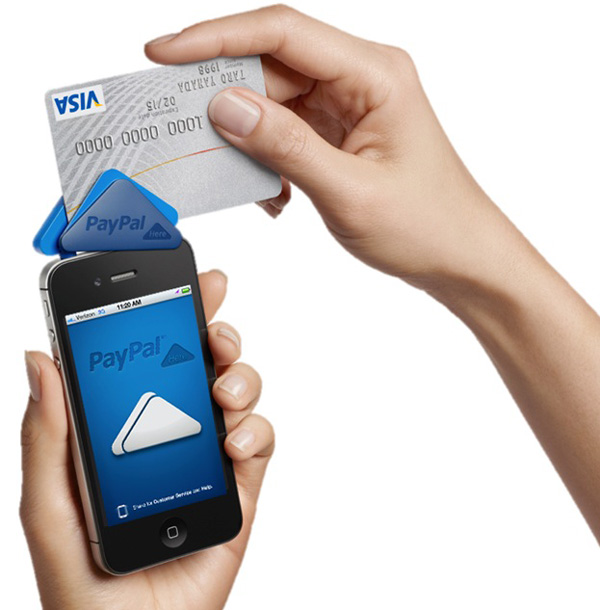The Consumer Financial Protection Bureau on Wednesday finalized a regulation placing new standards on the quickly growing prepaid accounts industry, which includes prepaid cards and “mobile wallet” products like PayPal and Google Wallet.
Still, an industry group representing the sector is not pleased with the changes.
The CFPB’s final rule brings to a close a process that began in 2012. Richard Cordray, the agency’s director, said in a Tuesday call with reporters that it responds to the industry’s rapid growth over a decade. By 2018, Cordray said, the industry is projected to be worth $112 billion. It was worth less than $1 billion in 2003.
The rule contains new disclosure requirements and limits on fees that are aimed at making regulations on prepaid accounts more like existing rules for the credit card industry.
“The rapidly growing ranks of prepaid users deserve a safe place to store their money and a practical way to carry out their financial transactions,” Cordray told reporters. “And though many prepaid companies already offer some of these same protections to their customers, it is vital for all consumers to have the settled assurance that these protections are now the law of the land.”
The prepaid card industry appears unsatisfied with the rules. Brad Fauss, the president and chief executive of the Network Branded Prepaid Card Association said it was clear that “the CFPB has dismissed many of our serious concerns and moved forward with a rule that will harm the very consumers it aims to protect.”
“Instead of fostering financial innovation and inclusion, the CFPB’s rule will ultimately limit access to an essential mainstream consumer product that helps millions of Americans participate in the digital economy, affordably manage funds, and safely hold money,” Fauss said in a statement.
The new rules contain three key elements: Public disclosure requirements aimed at improving consumers access to information about the products, a limit to the fees companies can charge if cards are lost or stolen, and credit protections that echo existing rules on the credit card industry. Firms will need to come into general compliance with the rules by October 2017, with some exceptions.
The new disclosure requirements — known in industry parlance as “Know Before You Owe” rules — mean that prepaid card providers will need to provide both short-form and long-form disclosures either electronically or in physical retail locations. Those disclosures will contain information on the card’s monthly fees, as well as additional fees for direct deposits, ATM withdrawals or inactivity.
The credit rules will require companies to vet whether a customer can pay back debt before they offer negative balance as part of the card. The firms will also have to provide monthly credit statements and establish a 21-day period for debt repayment before charging a late fee.
Other new provisions include a requirement that companies not charge more than $50 for lost or stolen cards if a customer reports the misplacement within two days. Firms will also have to provisionally credit customers with the funds from disputed transactions if the company can’t resolve the complaint within 10 business days.
The Washington, D.C.-based NBPCA said in a statement the new rule’s definition of prepaid cards is “overly broad” and includes types of firms that don’t have the means to comply with the rule.
Additionally, the group says the new rule could cause providers to get rid of popular prepaid card features or lead to the uptick in costs for those features. The association also faulted the “rushed implementation” period in the rule.
“Based on the substantial operational and systems changes that will be required, the industry will be hard pressed to implement the required changes from a broad-sweeping new regulation within the time provided in the final rule,” the statement read.

